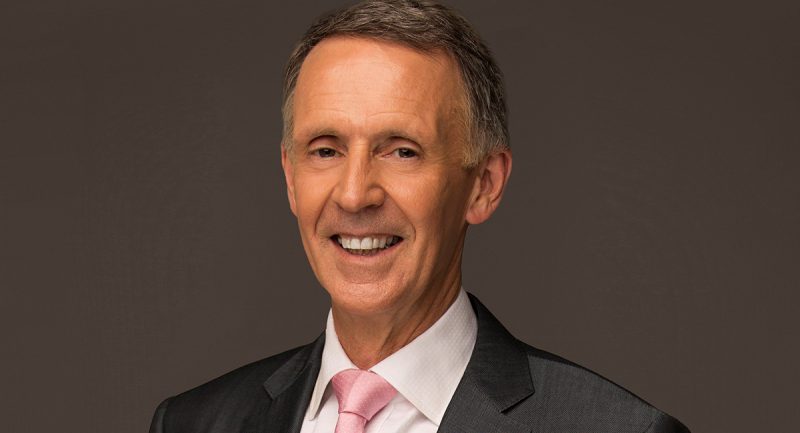AAP chair slams union for ‘conspiracy theory nonsense’, and says Guardian contributed to newswire’s closure
Australian Associated Press (AAP) chair and News Corp executive, Campbell Reid, has claimed the journalists’ union is peddling “conspiracy theory nonsense” and accused The Guardian of “gobsmacking hypocrisy” for making “decisions [that] have contributed to the closure of AAP”.
Yesterday, The Guardian, an AAP subscriber, reported that the newswire’s staff were told major shareholders News Corp and Nine no longer wanted to subsidise the service for subscription-paying competitors. AAP investment was costing the media owners around $10m and $5m, respectively, per year. Upon its closure, both Nine and News Corp have said they will instead expand their own news teams.

Campbell Reid, both the AAP’s chair and a News Corp executive


Let’s keep close tabs on how many new staff News and Nine appoint to take up the significant slack caused by AAP’s demise.
Or perhaps you keep tabs on all organisations who benefited from AAP, which extends well beyond Nine and News. Any media who reports news used AAP.
…and presumably any media who used AAP would have paid for it?
Media cannot be a profitable business by definition. Talking about it that way should cease. Then the conversation returns to whether we want to remain a democracy. And, if so, and by definition, a democracy requires a free media. A free media requires a government that makes emphatic decisions to protect its existence and to ensure its viability whatever that looks like…surely young, smart google and facebook businesspeople have a solution to this dilemma? Surely they don’t begrudge paying young journalists to slog it out covering our courts and sporting games and parliaments to ensure we remain a fair and strong democracy. Or are they suggesting anarchy is Australia’s future?
They surely know the accuracy and dynamism in content that invigorates their platforms (and makes them advertising dollars) costs money. Journalists hardly get paid a kings ransom (like techies and gamers and lawyers). So get on with a business model that solves the funding challenge and stop squabbling about it. An exciting world is being subsumed by this quibbling over who said what and who has the moral high ground when in fact, if we value our freedoms and the 4th Estate is a long recognised part of establishing and securing those freedoms, we know this dilemma needs an answer and soon. It seems dopey business practice to deconstruct a long established organisation like AAP only to realise you will need to reconstruct it elsewhere — a bit like constantly paying stamp duty and lawyers and real estate agents as you buy and sell houses until you find your perfect home. Can Australia’s best minds please spare a thought for the orderly business of budgeting responsible media into our democratic profit and loss sheet?
Well said , but whilst the 2 giants are making 100’s of millions, getting ‘free local
content’ and even then not paying a fair and proportional amount of tax I cannot see a change. Time to stand up Google and Facebook and be part of a solution otherwise future is all a bit shitter.
Journos are paid a lot like gamers actually. The vast majority get no money for their work (here I’m including bloggers/tweeters/etc as journos), while a few get paid a moderate amount and a tiny minority are well paid.
Of course journalism can be profitable. Just reprint media releases and add ads. It works really well for Facebook.
There are other paths to profitable journalism too.